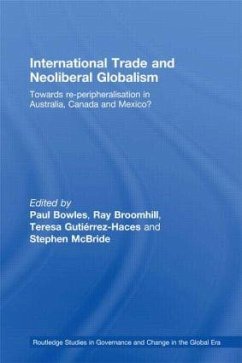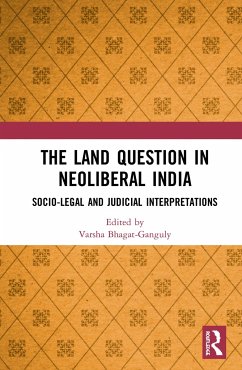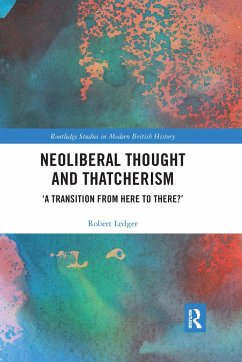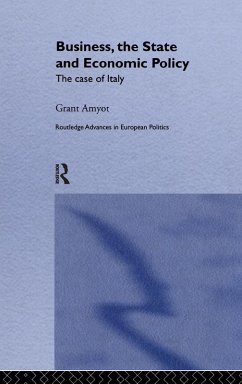
Hegemonic Transitions, the State and Crisis in Neoliberal Capitalism
Versandkostenfrei!
Versandfertig in 1-2 Wochen
177,99 €
inkl. MwSt.
Weitere Ausgaben:

PAYBACK Punkte
89 °P sammeln!
Offers a comprehensive theoretical examination of neoliberal restructuring as a complex political process. This book provides a forum for rethinking politics that represents a turn to societal forces as essential not only to the uncovering of this complexity but also to the formulation of democratic possibilities beyond global hegemonic projects.
Offering a unique opportunity to make conceptual connections between neoliberalism and political authority, this book examines the transformation in the world economy as an outcome of historically specific social relations.













